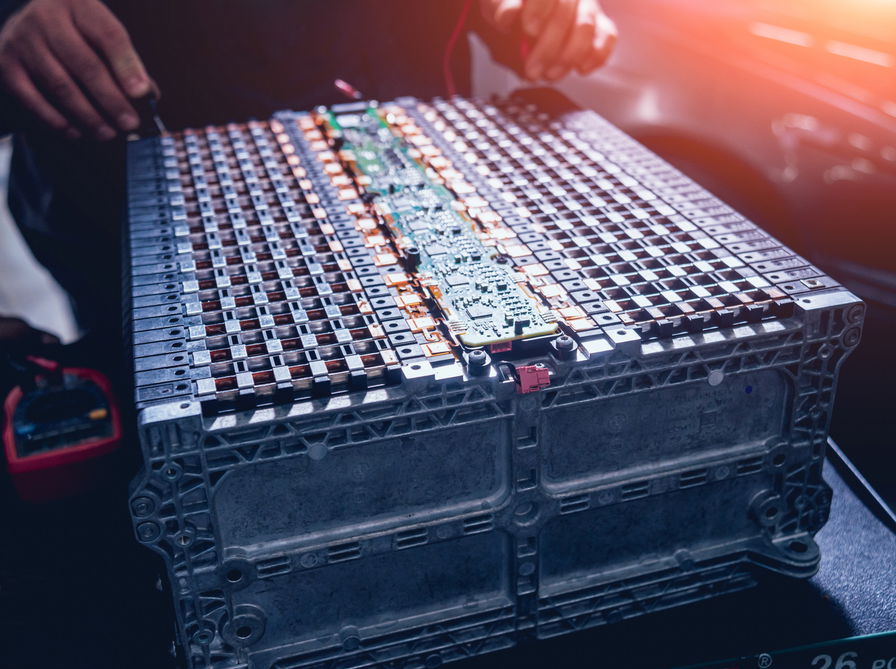La Northvolt, First European company to build a battery gigafactory in Swedenhas announced the cut of 1,600 jobs due to the crisis in the electric car sector. A thousand employees will lose their jobs in Skelleftea, home of the mega-factory, while another 600 positions will be eliminated in other parts of the country. The company also froze expansion plans for its Swedish plant and delayed plans for a new factory in Quebec..
The decision reflects the difficulties that the entire electric car sector in Europe is experiencing. Despite efforts to promote zero-emission mobility, electric vehicle sales are not taking off as expectedmainly due to high prices.
La crisi della Northvolt is particularly significant considering that the company was considered a pioneer in the sector. Founded in 2016, it had raised significant funding from investors such as Volkswagen and Goldman Sachs, for a total of $2.75 billion. Among its founders is also the Italian engineer Paolo Cerruti, a former Tesla employee..
Is the dream of batteries made in Europe already over?
Daniele Maniaci, Chief People Officer of Northvolt, commented: «We are living through one of the most challenging times in our company’s history, as we face the difficult reality of reducing our workforce.». The company had plans to add 30 gigawatt hours of production capacity to the Skelleftea plant, with the goal of powering about 500,000 vehicles per year. Those plans are now on hold.
The collapse in electric car registrations in Europe, including Italy, has also put other companies in the sector in difficulty. La Northvolt, which had received orders for 26.5 billion euros from giants such as Volkswagen, BMW and Volvo, is now having to drastically review its strategies.
Financial uncertainty and project delays
Northvolt’s financial situation has deteriorated to the point that creditors have hired New York investment bank PJT Partners to assess possible recovery scenarios.. In addition, a $7 billion mega-factory project in Quebec, Canada, could be delayed by up to 18 months, according to local government forecasts.
These developments highlight the challenges the electric car industry is facing despite efforts to promote more sustainable mobility.. The transition to zero-emission vehicles is proving more complex and costly than expected, with significant implications for employment and investment in the sector.
Source: www.tomshw.it



